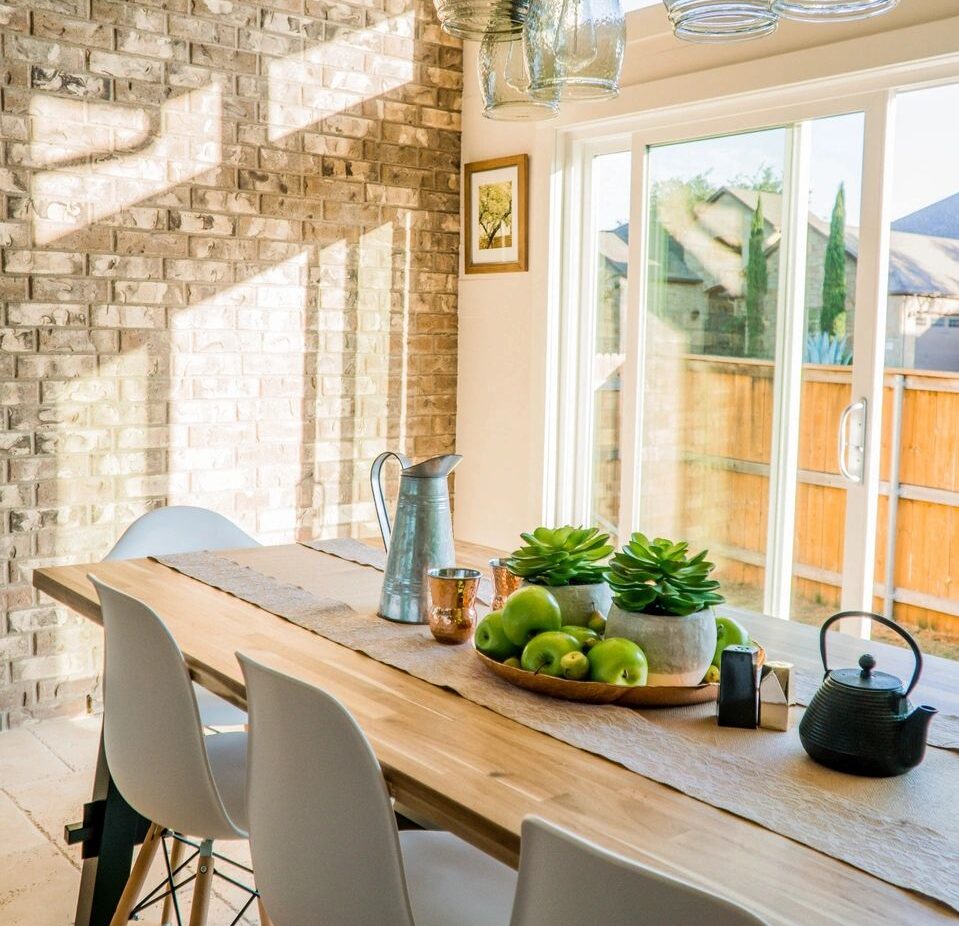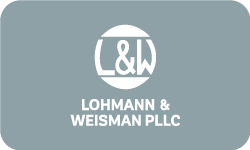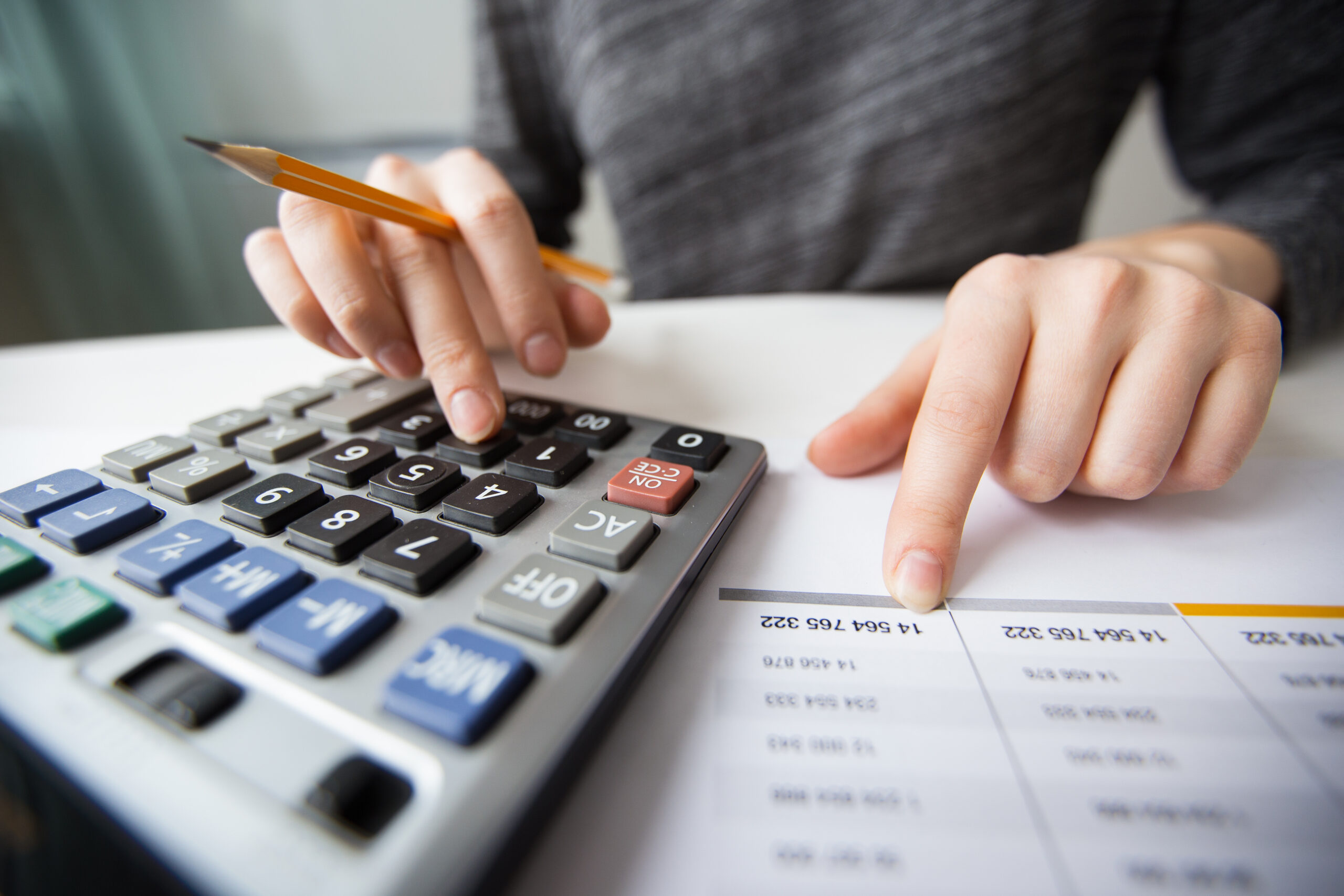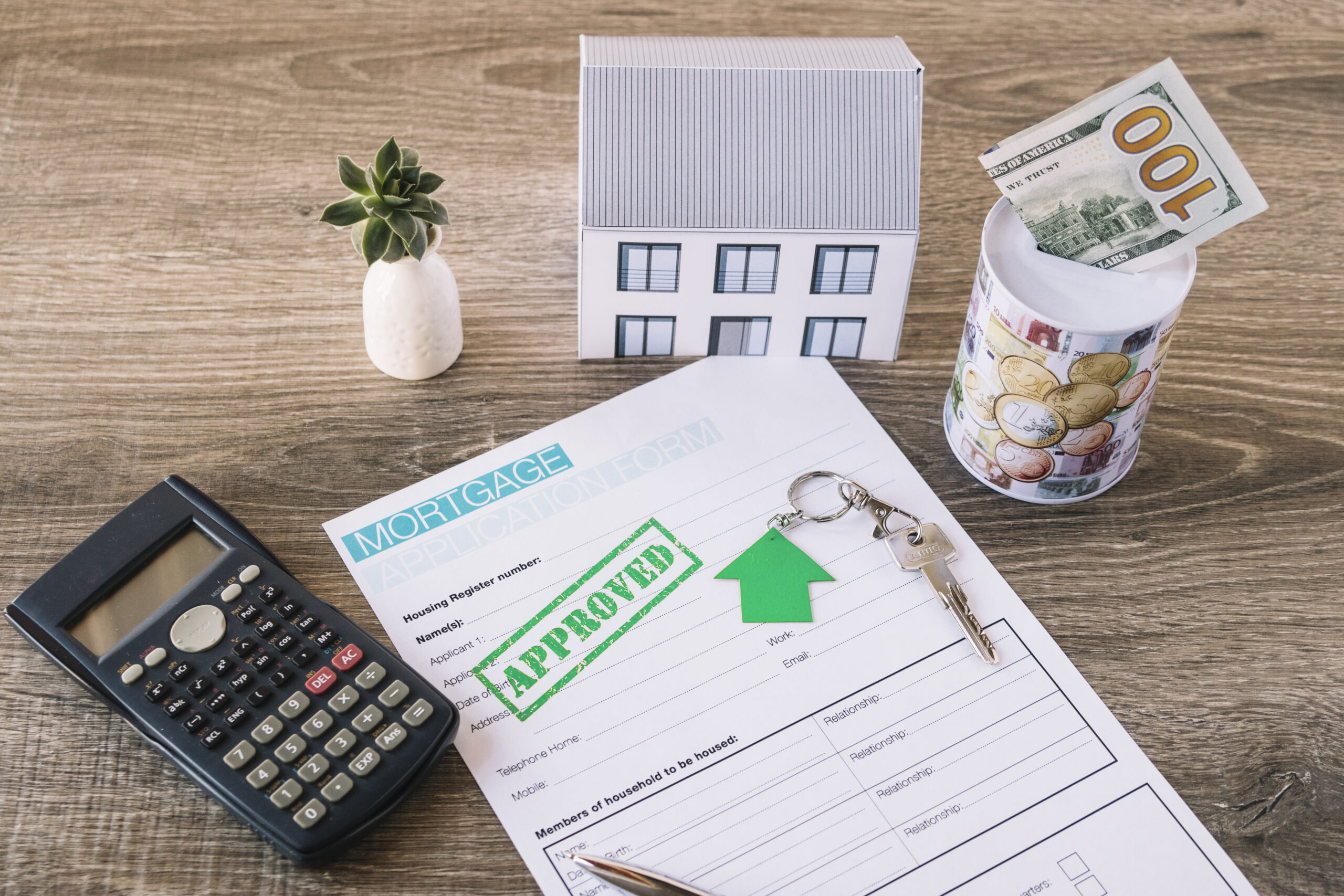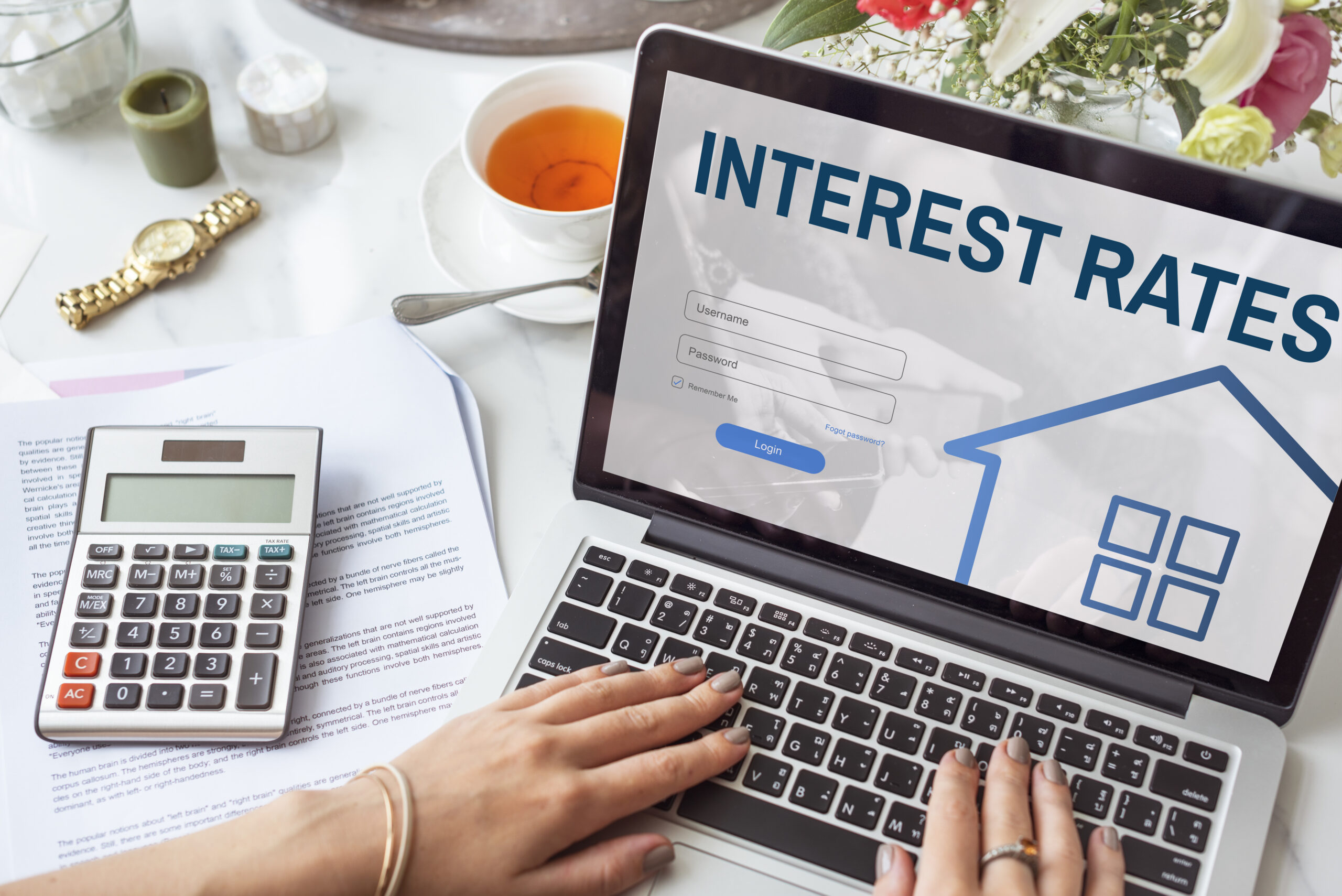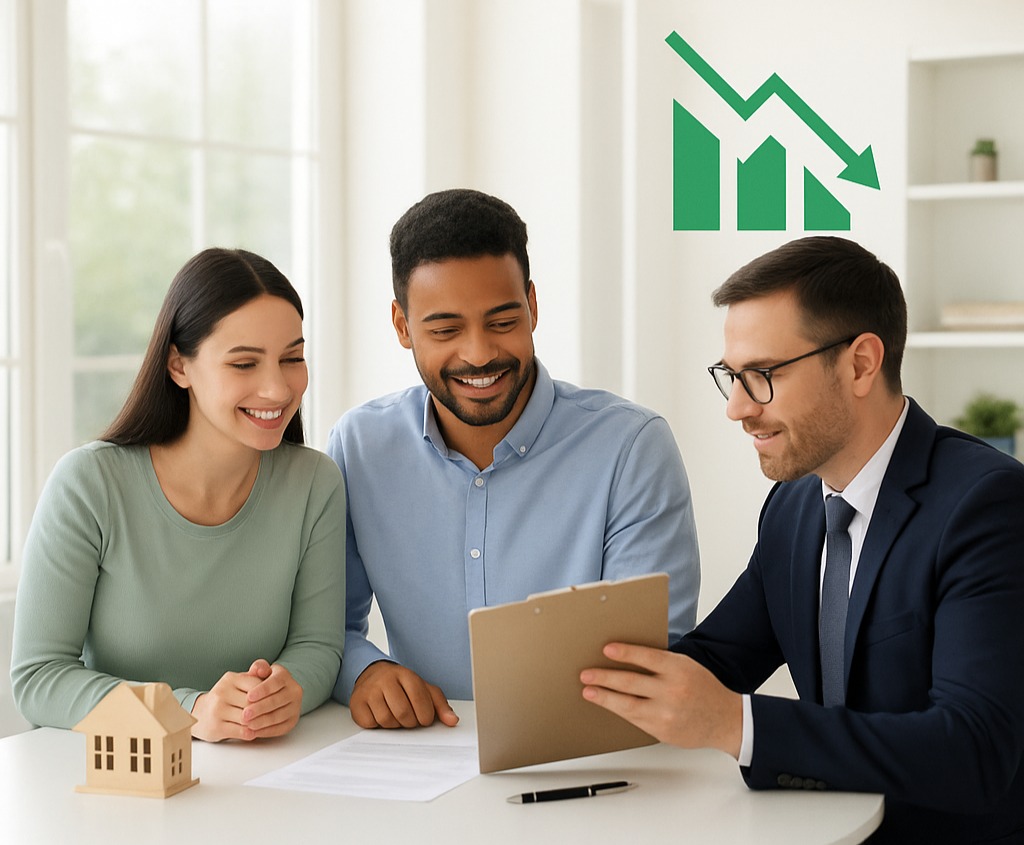In today’s world, sustainability isn’t just a trend—it’s a necessity. For real estate professionals, incorporating sustainable practices into their strategy is not only environmentally responsible but also a smart business move. As clients and investors increasingly seek eco-friendly solutions, having a sustainable real estate strategy can set you apart from the competition. In this article, we’ll explore how to build a sustainable real estate strategy that benefits both the planet and your business.
-
Embrace Green Building Practices
Sustainable construction is at the core of any eco-friendly real estate strategy. When working with developers or advising clients, prioritize buildings that use green construction materials, energy-efficient systems, and eco-friendly designs. These practices lower energy costs, reduce waste, and contribute to long-term savings. Properties that meet LEED (Leadership in Energy and Environmental Design) standards or other green certifications are highly attractive to buyers and investors who prioritize sustainability.
-
Invest in Energy Efficiency
Energy efficiency is one of the easiest and most impactful ways to create sustainable real estate. Encourage property owners to install energy-efficient windows, insulation, and HVAC systems. Additionally, promoting renewable energy sources such as solar panels can drastically reduce a building’s carbon footprint. Energy-efficient properties are more appealing to buyers because they reduce utility costs and contribute to a cleaner environment. As a real estate professional, marketing energy-efficient properties can be a key selling point.
-
Promote Sustainable Communities
A sustainable real estate strategy goes beyond individual properties—it also considers the surrounding community. Sustainable communities are designed with green spaces, walkability, public transportation access, and low-impact infrastructure. By promoting developments that prioritize these features, you can help create vibrant, environmentally conscious neighborhoods that attract eco-minded buyers and investors.
-
Leverage Technology for Sustainability
Technology plays a crucial role in building sustainable real estate strategies. Smart building technologies, such as automated lighting, heating, and cooling systems, help reduce energy consumption. Additionally, tools like virtual tours and digital transactions reduce the need for physical resources, such as paper and fuel for transportation, during the buying and selling process. By embracing these technologies, you not only improve operational efficiency but also reduce the environmental impact of your real estate business.
-
Focus on Long-Term Value
Sustainability in real estate isn’t just about short-term benefits; it’s about creating long-term value. Properties with eco-friendly features tend to retain their value better over time, and often appreciate at a faster rate than traditional properties. By focusing on sustainability, you’re helping your clients invest in properties that will provide long-term returns while also minimizing their environmental impact. Educate your clients on the financial benefits of sustainable properties, from lower operating costs to potential tax incentives.
-
Build Relationships with Green Partners
To implement a sustainable strategy, you’ll need the right partners. Work with builders, architects, and suppliers who share your commitment to sustainability. Collaborating with green-certified contractors and energy-efficient product suppliers can help you deliver on your sustainability promise. These partnerships also enhance your credibility and provide additional value to your clients.
-
Educate Your Clients
A key part of any sustainable real estate strategy is educating your clients. Many buyers and investors may not be aware of the benefits of sustainability or may not know what to look for in a green property. By positioning yourself as an expert in sustainable real estate, you can guide clients through the process and highlight the financial and environmental advantages. Offer resources, such as green certification guides, and stay updated on the latest sustainability trends to keep your clients informed.
Conclusion: A Greener Future for Real Estate
Building a sustainable real estate strategy is not only good for the planet—it’s good for business. As demand for eco-friendly properties continues to rise, professionals who prioritize sustainability will be well-positioned to meet the needs of modern buyers and investors. By embracing green building practices, promoting energy efficiency, leveraging technology, and educating your clients, you can create a real estate strategy that drives long-term success while contributing to a more sustainable future.
Ready to make your real estate strategy more sustainable? Start today by incorporating these steps and position yourself as a leader in eco-friendly real estate.
Understanding Settlement Fees in Florida: What You Need to Know
How to Choose the Right Insurance Policy for Your Home. Learn more here.
